AITA for not allowing my husband to be the entire neighborhood's husband?
In a quiet neighborhood where he stands as the sole man among a sea of women, one husband finds himself unwittingly cast as the local handyman. What began as occasional favors has blossomed into a relentless stream of requests, each ping and ring a reminder of the unspoken expectation placed upon him by a community that leans heavily on his willingness to help.
Caught between the demands of being the primary breadwinner and the cultural weight of always being the fixer, his wife watches as their lives become entwined with the needs of neighbors. Though the tasks are small, the emotional toll grows, revealing the complex dance of kindness, obligation, and the invisible pressures that shape their everyday existence.




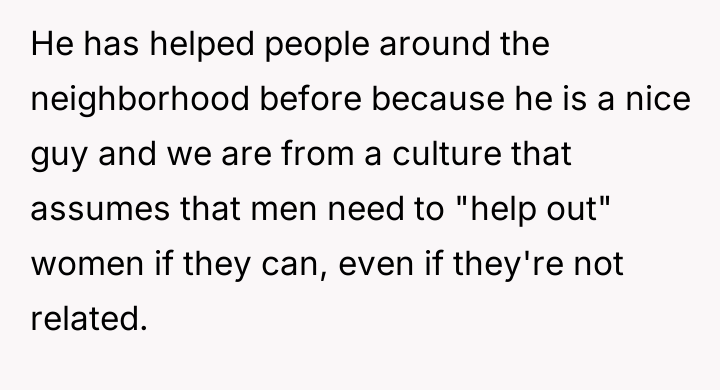
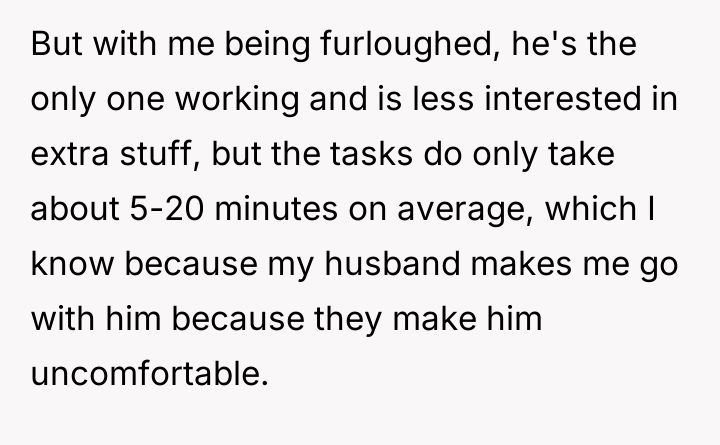
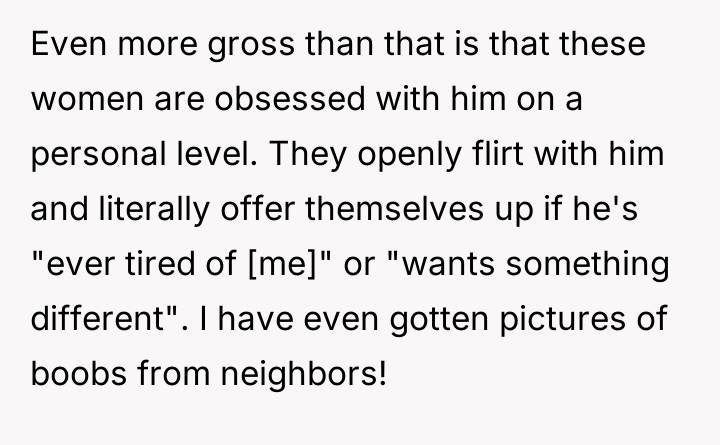

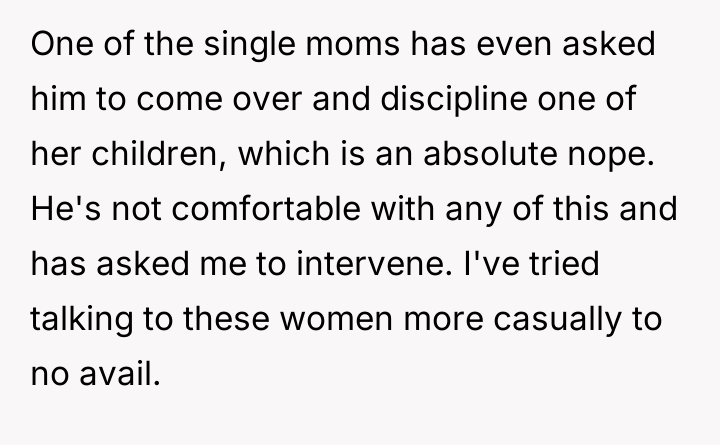



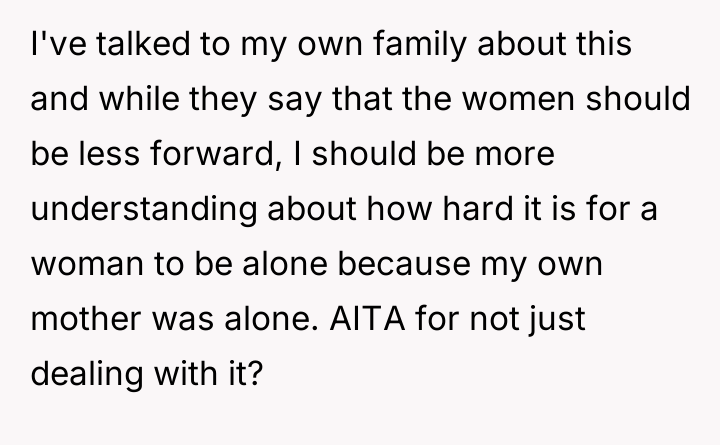

Subscribe to Our Newsletter
As renowned researcher Dr. Brené Brown explains, “Boundaries are the distance at which I can love you and me simultaneously.” This situation highlights a severe breakdown in establishing and enforcing healthy personal boundaries, not just between the OP and the neighbors, but also potentially within the communication dynamic between the OP and her husband regarding external pressure. The neighbors are exhibiting a form of collective entitlement, transforming a neighborly favor into an expected service, underpinned by inappropriate emotional and sexual objectification of the husband. Their argument that maintenance requests are 'not even safe' and that the OP should be more 'understanding' due to their relationship status (2020 context) is a form of emotional manipulation designed to negate the OP’s legitimate concerns. Furthermore, the comments about the OP needing to have children to 'earn' her husband’s fidelity demonstrate a profound ethical violation and an attempt to shift blame onto the victim for the aggressors' behavior. The OP’s actions to address the situation—including establishing ground rules about her husband only helping when she accompanies him and attempting a group meeting—were appropriate initial steps. However, given the neighbors’ hostile response (demanding shared access and criticizing her marriage), continued casual conversation is unlikely to succeed. The constructive recommendation is for the OP and her husband to jointly present a unified, non-negotiable boundary moving forward: all future maintenance requests must go through a formal, non-personal channel (like a paid service), and any further harassment or inappropriate contact must result in documented, escalating consequences, including contact with property management or legal counsel if necessary.
THIS STORY SHOOK THE INTERNET – AND REDDITORS DIDN’T HOLD BACK.:
Users didn’t stay quiet — they showed up in full force, mixing support with sharp criticism. From calling out bad behavior to offering real talk, the comments lit up fast.

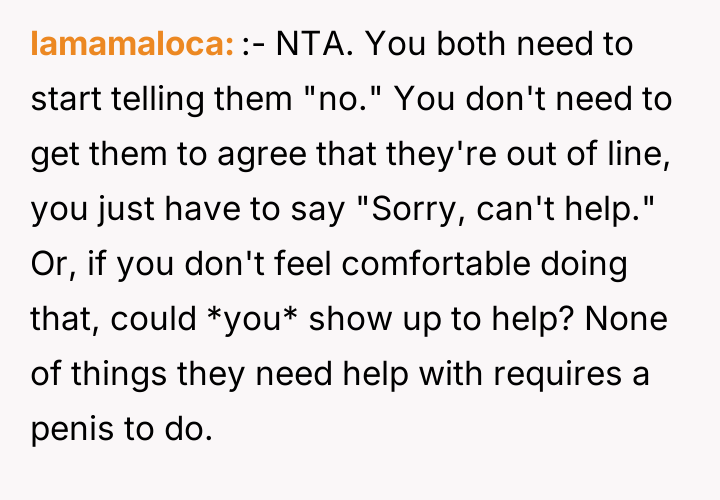







The original poster (OP) is dealing with intense boundary violations and objectification directed at her husband by her all-female neighbors. Despite the OP's efforts to communicate and set limits, the neighbors insist on relying on the husband for constant maintenance tasks and express inappropriate, flirtatious interest in him, citing isolation as justification. The core conflict lies between the OP’s need for privacy and respect within her marriage and the neighbors’ collective, demanding expectation that the husband should be a communal resource, both practically and emotionally.
Given the neighbors' aggressive refusal to respect personal boundaries and their explicit demands that the OP 'share' her husband, is the OP wrong for refusing to 'just deal with it' and maintain peace at the expense of her marital comfort and security?